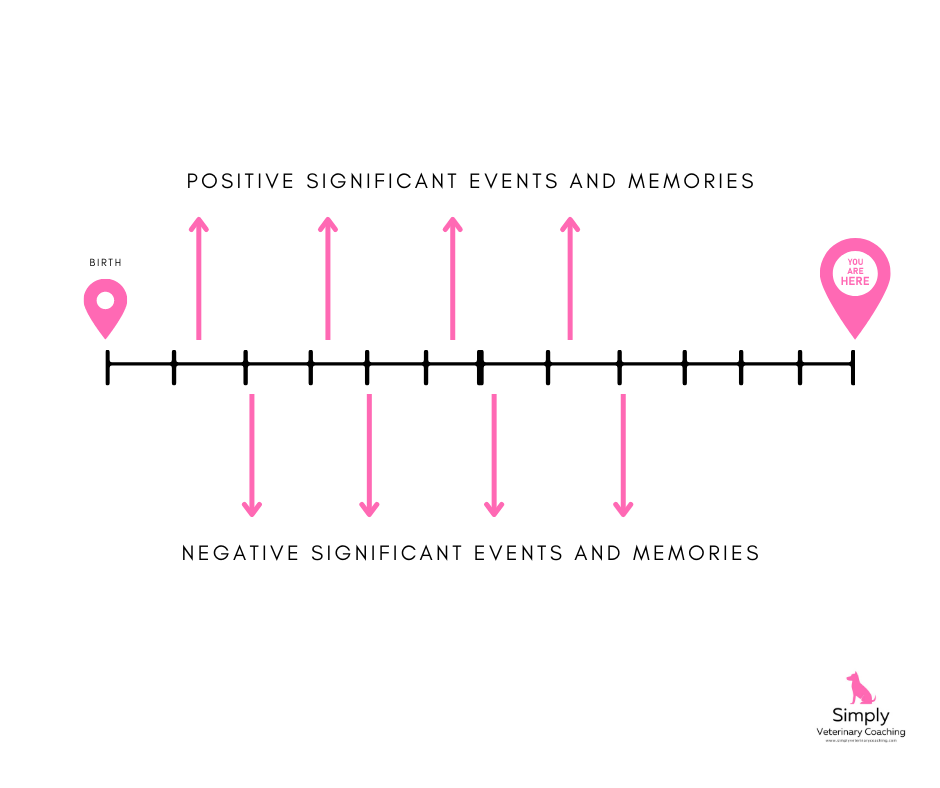What Stories Are Shaping Your Leadership?
Whether we are aware of it or not, whether we like it or not, our leadership is shaped by our beliefs, feelings, values, and behaviours.
Your beliefs (positive and negative) are decisions you make about yourself and the world that limits or empowers the way you live. They become psychological rules that shape your thoughts and filter your experience of reality. And, in the case of leadership, they influence and shape other people’s realities too.
When we are born, we enter into this world with a clean slate and without preconceived beliefs. We are incredibly impressionable and naturally inquisitive, so we look for meaning in almost everything. Our parents and environment play a big part in moulding our beliefs from a very young age. Later, our beliefs continue to be shaped by influential mentors or early work experiences.
Here's an example: Growing up you may have had incredibly hard working, career-focused parents who instilled the belief in you that anything but 100% effort is unacceptable, so this has shaped your work ethic and served you well, getting you to where you are today. But it pays to explore whether this belief is shaping your leadership. What do you expect from your team every day? Do you feel like you’re constantly having to motivate them and push them? When someone approaches you to say they are overwhelmed with their workload, as much as you want to help them (and you do), you can’t shake off the little voice in your head that says, “They are just being lazy”.
Maybe early work experiences taught you that leadership is about being in charge; it’s about exercising power and giving out orders. Remember, unexamined beliefs are often unconsciously shaping your behaviour so you may not realise you’re demonstrating behaviours that are expressions of inner beliefs. In this instance, you may find yourself being inflexible in your leadership approach, not taking the opinions of others on board easily, or having a stiff upper lip and avoiding vulnerability.
What a leader believes about people, the profession, or themselves, affects what they do. This is why understanding yourself is considered to be such an important part of leadership development and becoming a better leader.
Explore Your Story to Uncover Your Beliefs
I have a recommendation for an interesting tool that can help you to uncover your story and how it has created your beliefs, and how those beliefs might currently be shaping your leadership.
Step 1: Grab a piece of paper and draw a timeline. Along the timeline, pinpoint specific events that happened and specific memories you have (both positive and negative). They could be moments of achievement, or times you’ve made mistakes, or times when life took a turn you weren’t expecting. They could be memories of your early years with your parents or close family members, or memories of other people who were close to you at the time that come to mind.

At this point, don’t over think it, your unconscious mind is very clever and knows what to bring up to help you complete this exercise. Write as many events and memories as you can think of, and don’t put too much thought into what they mean right now, just get them down on paper. You may wish to complete this part of the exercise over the course of a few days or a week, so you can jot things down as and when they come to mind.
Step 2: The next part of this exercise is to reflect on the themes that emerge from your timeline. You may notice positive themes of “high achievement and success” for example, or a series of events that created a theme of, “I’m not good enough”. Again, take your time with it and see what comes up.
Step 3: Once you have brought these themes into your conscious awareness, you can now begin to think about how these themes have shaped your beliefs, and how those beliefs are currently shaping your leadership.
If you complete this exercise and would like to talk it through, I’d love to hear your story. Send me a message or drop me an email: [email protected]

